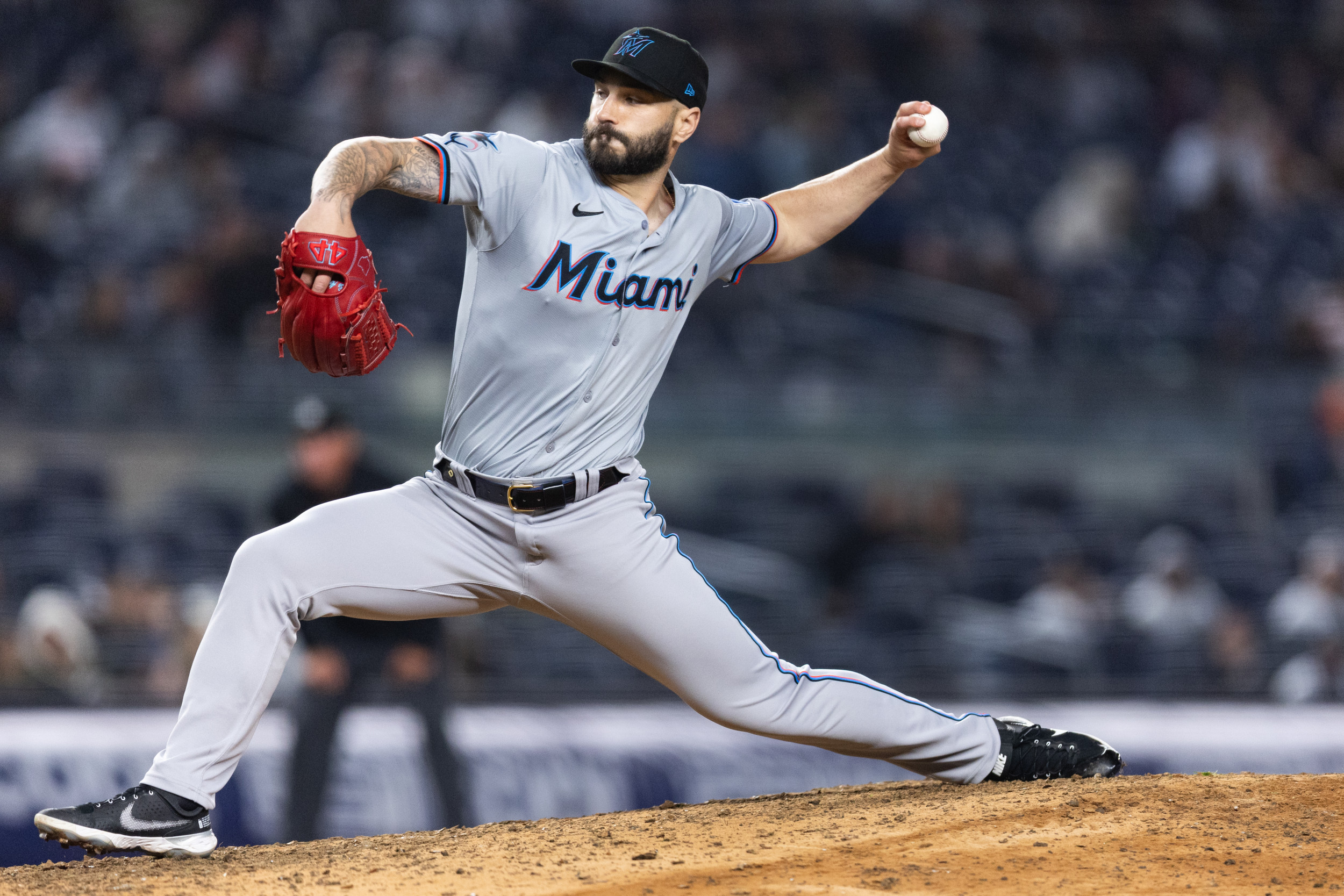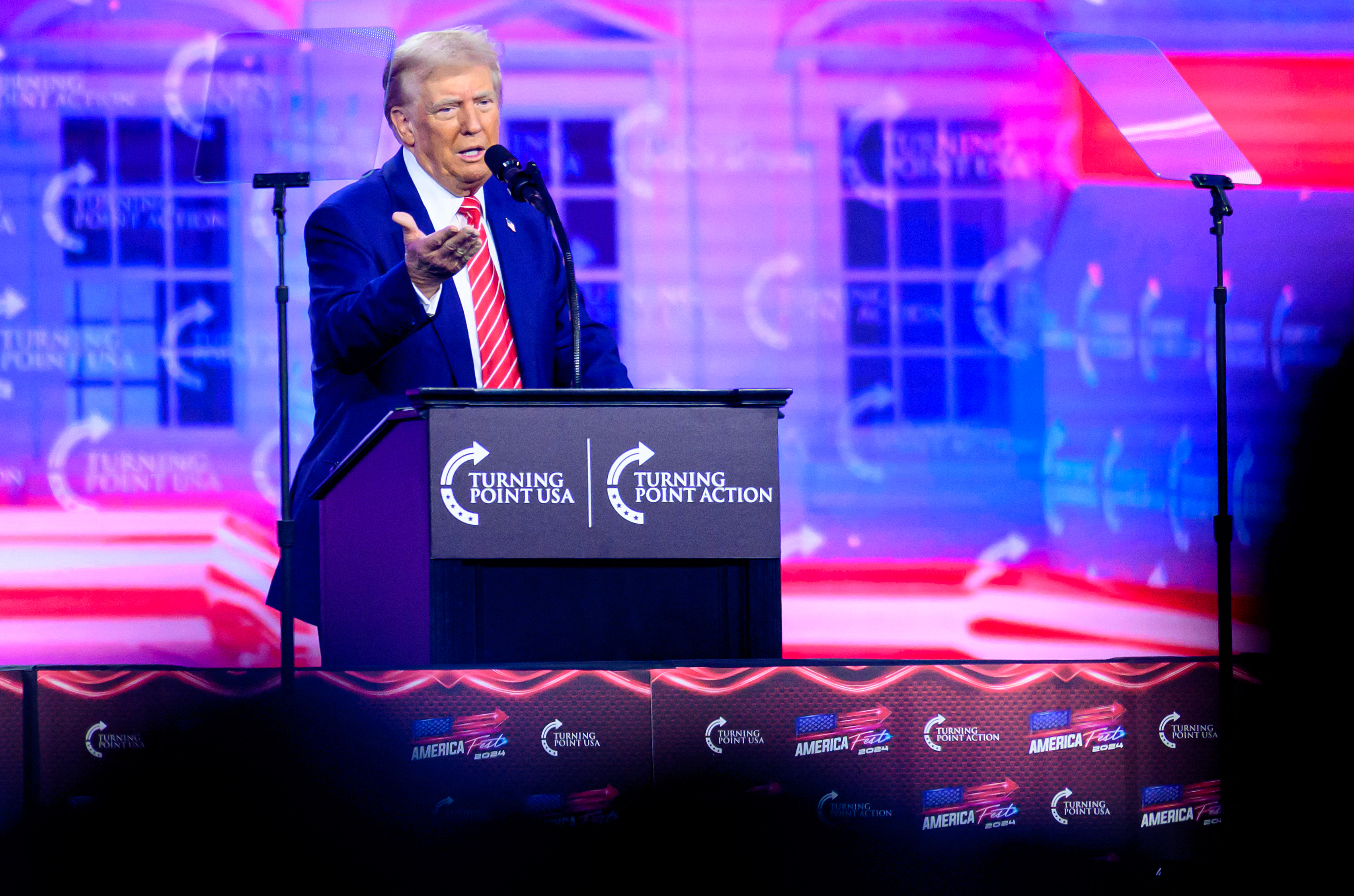The District of Columbia has filed a lawsuit against Amazon, alleging the company secretly excluded two predominantly Black neighborhoods from its fastest delivery services while continuing to charge residents for the expedited options promised under its Prime membership program.
The lawsuit, filed Wednesday in DC Superior Court, claims that Amazon's practices unfairly targeted ZIP codes 20019 and 20020, which encompass Ward 7 and Ward 8.
Prime memberships, which cost $139 annually or $14.99 monthly, advertise one-day, two-day, and same-day deliveries as key benefits.
The lawsuit asserts that in mid-2022, Amazon ceased using its own delivery network for these areas, relying instead on third-party carriers including UPS and the U.S. Postal Service.
The change resulted in slower delivery times, which residents were not informed about when signing up for Prime.

What Is the Impact on Affected Communities?
According to the complaint, Amazon's decision left nearly 50,000 Prime members in these ZIP codes—representing almost half the local population—experiencing significantly slower service. Before the exclusion in 2021, 72 percent of Prime packages in the affected areas were delivered within two days. By 2022, that figure had dropped to 24 percent.
These neighborhoods, described as food deserts with limited retail and delivery options, rely heavily on Amazon for essential goods. District officials claim Prime members in other parts of the city received two-day deliveries 75 percent of the time.
"Amazon is charging tens of thousands of hardworking Ward 7 and 8 residents for an expedited delivery service it promises but does not provide," said District Attorney General Brian Schwalb.
"While Amazon has every right to make operational changes, it cannot covertly decide that a dollar in one ZIP code is worth less than a dollar in another."
In response to the lawsuit, Amazon spokesperson Kelly Nantal told Newsweek that "The claims made by the Attorney General, that our business practices are somehow discriminatory or deceptive, are categorically false."
Amazon's Defense and Alleged Concealment
Amazon has defended its actions by citing driver safety concerns as the reason for halting direct deliveries in these neighborhoods.
However, the lawsuit alleges that Amazon failed to disclose this rationale to affected Prime members and misled customers who complained about slower deliveries.
Instead of admitting the policy change, Amazon "deceptively implied" delays were due to routine shipping fluctuations, according to the complaint.

Legal and Financial Repercussions
District officials are seeking court orders to prevent Amazon from engaging in "unfair or deceptive practices" and demand restitution or damages for impacted customers. They are also pursuing civil penalties against the company.
This case marks the second major legal challenge between the District and Amazon, which is already facing an antitrust lawsuit alleging anticompetitive practices.
The outcome of this lawsuit could have significant implications for Amazon's operations in DC and its treatment of underserved communities.
This article contains additional reporting from The Associated Press




















 English (US) ·
English (US) ·